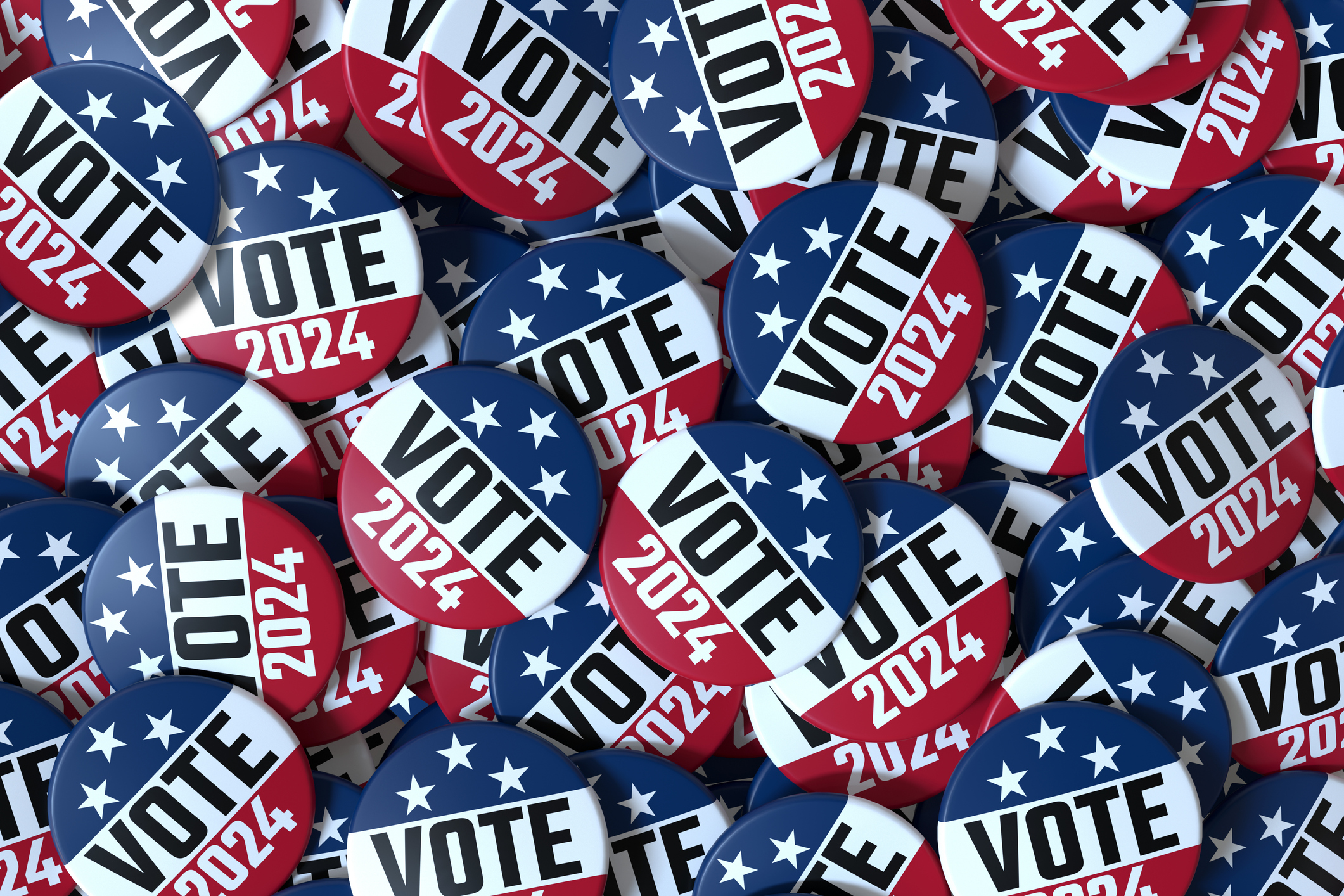
Trump Yields on COVID-19 Relief Deal
President Donald Trump signed the COVID-19 relief bill Sunday night. By waiting until Sunday to approve the COVID-19 relief deal, as many as 14 million Americans lost one week of expanded unemployment assistance. Meanwhile, Trump’s surprise attack on the relief bill last week caused confusion about the government’s response to the pandemic at a pivotal moment, with coronavirus cases spiking and officials rushing to distribute a vaccine. It also triggered political headaches for congressional Republicans a week before two runoff elections in Georgia that will determine control of the Senate.
Congress is unlikely to agree to the raft of changes Trump demanded in a lengthy signing statement. Once his signature was on the law, the president lost much of the advantage he had to extract $2,000 direct payments, cuts to foreign aid and a rollback of social media companies’ liability shield.
Instead, Trump created a political opening for Democratic leaders. House Speaker Nancy Pelosi on Monday is staging a roll-call vote on the $2,000 checks in order to spotlight Republican opposition to the politically popular idea backed by Trump. Senate Minority Leader Chuck Schumer said in a tweet that he would seek consent this week in the Senate to pass the House bill, which will force Republicans to either buck the president or go along with $2,000 checks party leaders previously dismissed as too large.
Georgia Race
That will create a particular bind for Georgia’s two incumbent Republican senators, David Perdue and Kelly Loeffler. They both promoted passage of the $900 billion relief measure only to have Trump criticize it. Democratic candidates Jon Ossoff and Raphael Warnock have made clear they would support the $2,000 payments.
The delay in signing the bill from Thursday to Sunday means that two pandemic-related unemployment programs were allowed to expire on Saturday night. Gig workers and those who have exhausted their state unemployment benefits will lose a week of benefits. Those on regular unemployment benefits will see a delay in getting the extra $300 federal supplemental benefit in the bill, and the duration of the benefit will be cut short. The $600 stimulus checks that sparked Trump’s objection were to go out this week, a timetable that the delay has put into question. Former U.S. Treasury economist Ernie Tedeschi estimated on Twitter that the delay cost workers $9 billion to $10 billion in benefits.
This week the House and Senate are staging votes to override Trump’s veto last week of the annual defense authorization bill. The effort has a good chance of succeeding and creating the first veto override of Trump’s presidency. Not even a threat of a mid-pandemic government shutdown got lawmakers to cave to Trump’s demands on the virus bill. Instead, Trump said he won a commitment from the Senate to begin the process of voting on $2,000 checks along with a repeal of liability protections for social media companies and an investigation of voter fraud. Yet that promise will not mean much in practice. A bill combining all those elements would likely fail in the Senate given Democratic opposition to changing Section 230 liability or initiating a voter fraud investigation into the election.
The president also said he would send Congress a list of items in the spending bill he would like rescinded. Democrats immediately responded that they would ignore his request. “Our Democratic majority will reject any rescissions submitted by President Trump,” House Appropriations Chair Nita Lowey said in a statement. The result looks a lot like the end of the 35-day government shutdown Trump provoked at the end of 2018 and beginning of 2019 over border wall funding. He ended up signing a bill to reopen the government without receiving the wall money and later used a maneuver to transfer funds from the military to pay for the construction.
What to Watch Today, December 28
The House meets at 2 p.m. for legislative business with first votes at approximately 5 p.m. The House will vote on one measure under suspension of the rules, which bars amendments, limits debate, and requires a two-thirds majority for passage:
Stimulus Checks
H.R. 9047 would increase direct payments in the fiscal 2021 omnibus spending and virus aid package (H.R. 133) for individuals from $600 to $2,000, and from $1,200 to $4,000 for couples.
The House also plans to vote to override Trump’s veto on the annual defense policy bill, with the Senate following suit tomorrow. It would be the first time Congress overrules Trump. The House will vote on the veto message to accompany the conference report to H.R. 6395, the fiscal 2021 National Defense Authorization Act.
More on COVID-19 & the Government
More articles related to the government’s response to COVID-19 can be found here.
Latest News
Ever wondered what goes into organizing a U.S. presidential debate? In this episode of Back in Session, Ryan Stevens and Ryan DeMara sit down with Jean Cantrell and Dan Felton, who have served as members of [...]
Photo credit: iStock.com/klenger The 2024 General Election will be a defining moment for both state and national politics across the United States. With control of the White House, Congress, and numerous state legislatures at stake, [...]
Photo credit: iStock.com/JoyImage In the lead-up to the 2024 election, while many Americans focus on who the next U.S. president will be, another significant issue is on the ballot in several states. Nevada, Oregon, Alaska, [...]
In this episode of the Back in Session podcast, hosts Ryan Stevens and Ryan DeMara sit down with Terra McClelland, President of the State Government Affairs Council (SGAC) and Vice President of Government and External [...]





Stay In Touch